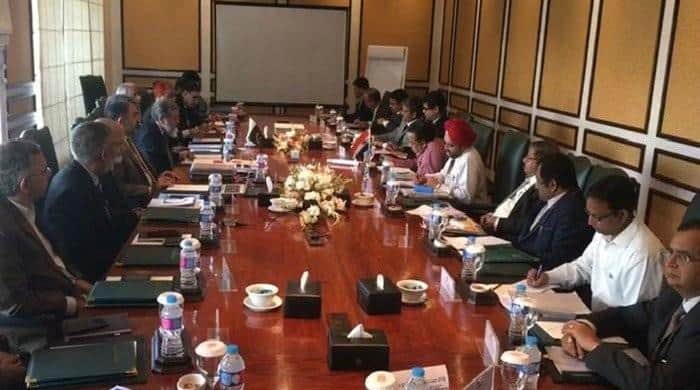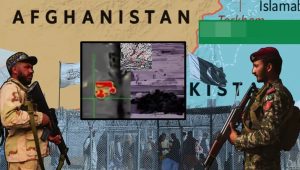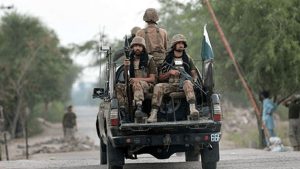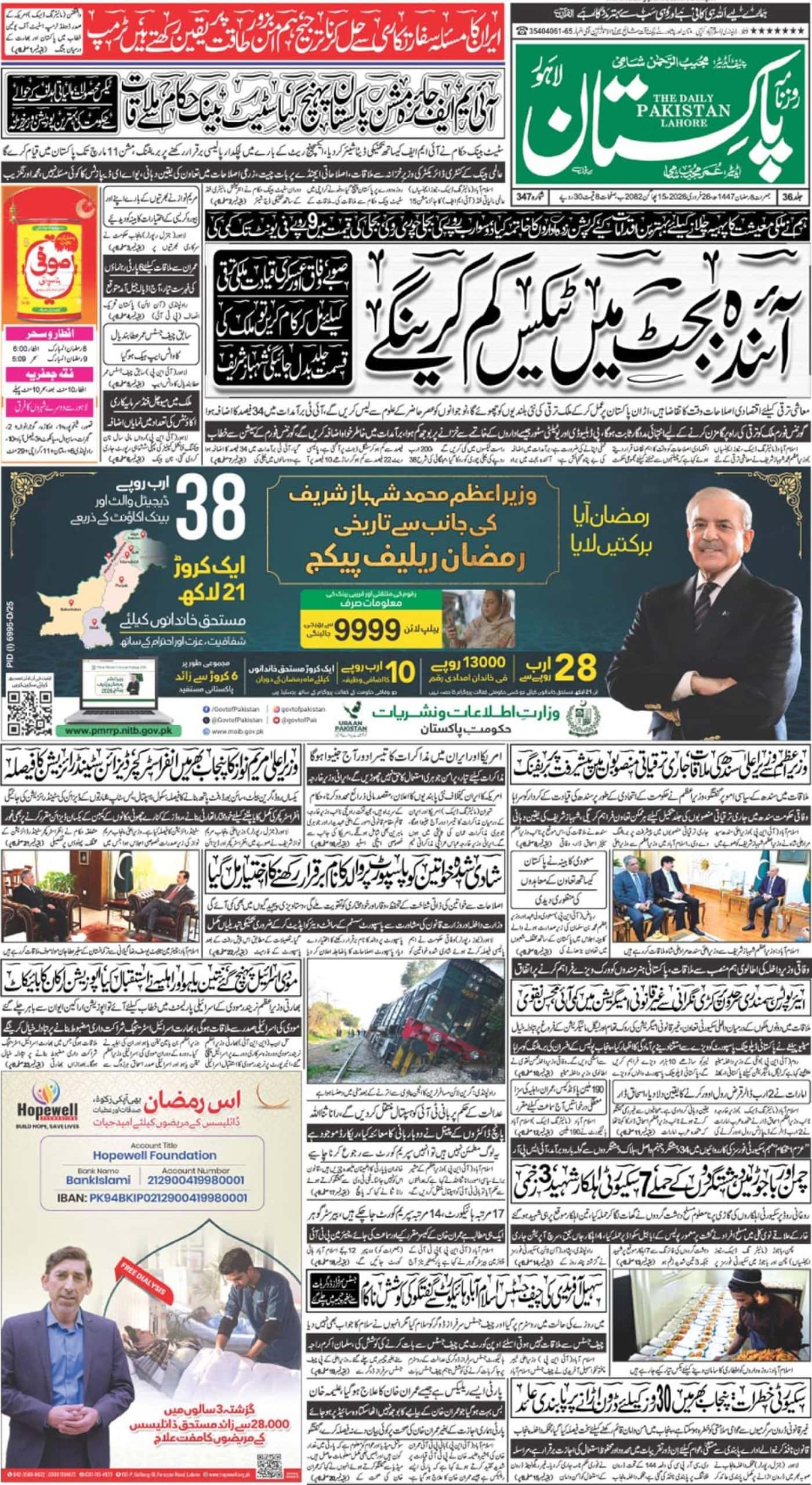WASHINGTON – The recent session of talks between India and Pakistan, held to solve disputes regarding implementation of Indus Water Treaty, failed to reach an agreement on Friday, the World Bank said in a statement.
“While an agreement has not been reached at the conclusion of the meetings, the World Bank will continue to work with both countries to resolve the issues in an amicable manner and in line with the Treaty provisions,” read the statement of the World Bank.
The latest round of the Secretary-level discussions between both countries on the technical issues, which have been raised by Pakistan regarding construction of the Kishenganga and Ratle hydroelectric power plants within the framework of the Indus Waters Treaty, took place on September 14-15 in Washington.
The statement added, “Both countries and the World Bank appreciated the discussions and reconfirmed their commitment to the preservation of the Treaty”.
“The World Bank remains committed to act in good faith and with complete impartiality and transparency in fulfilling its responsibilities under the Treaty, while continuing to assist the countries,” it added.
The Pakistani delegation, headed by Secretary Water Resources Division Arif Ahmed Khan and comprising Secretary of Water and Power Yousuf Naseem Khokhar, High Commissioner of Indus Waters Treaty Mirza Asif Baig and Joint Secretary of Water Syed Mehar Ali Shah attended the talks.
The Indian side was led by the Union Water Resources Secretary Amarjit Singh, while representatives from Ministry of External Affairs, Power, India’s Indus Water Commissioner and Central Water Commission were also part of the delegation.
On August 1, Pakistani and Indian officials met under the supervision of the World Bank, which said the talks on the treaty were held in a spirit of goodwill and cooperation.
The Indus Water Treaty signed in 1960 deals with water distribution and sharing of the six rivers of the Indus basin, of which the three eastern rivers Beas, Sutlej, Ravi were allocated to India and the three western rivers Jhelum, Chenab and Indus to Pakistan. The World Bank had brokered the agreement and have a role in dispute resolution. It was also responsible for the provision of funds to both countries that would allow them to construct several dams and canals to fulfill their needs.
Pakistan claimed that India had violated the treaty by constructing two hydroelectic power plants named Kishenganga and Ratle on the western rivers named Chenab and Jhelum, which had been allocated to Islamabad under the water treaty.
However, the neighbouring country is interpenetrating a term “other uses” used in the treaty’s content as a permission for construction of power plants.
But Pakistan rejects the Indian interpretation and it has requested the World Bank to set up a Court of Arbitration to address the concerns.
Meanwhile, India is not ready to accept Pakistan’s proposal regarding Court of Arbitration but asking for deputing a neutral expert to settle the matter.













